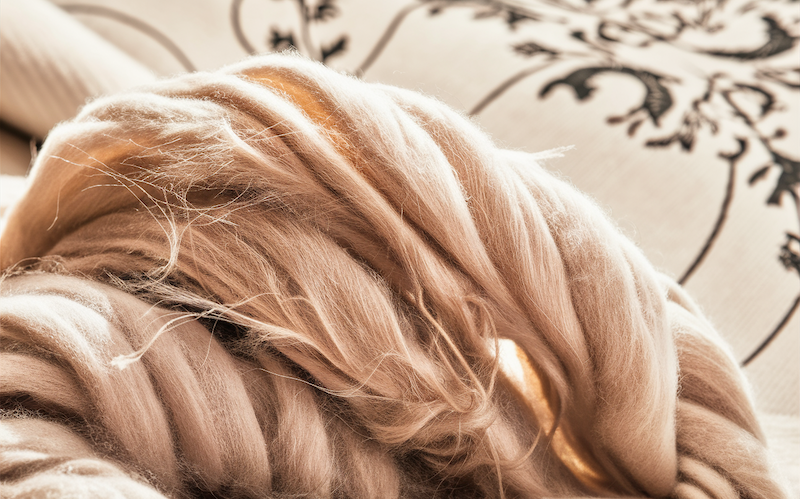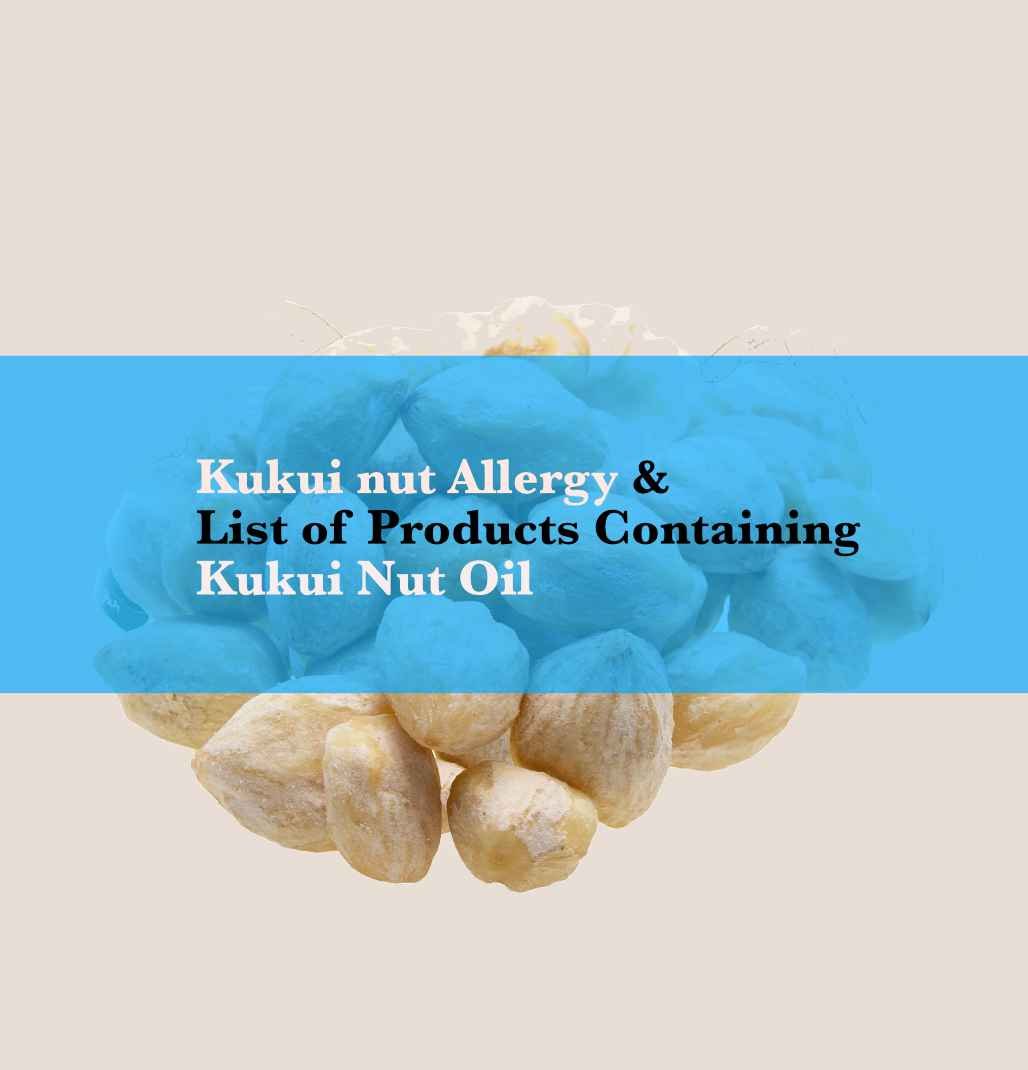In the realm of luxurious fabrics, cashmere holds a prestigious place for its unparalleled softness, warmth, and elegance. Derived from the undercoat of cashmere goats, this exquisite material is coveted worldwide for high-end garments and accessories. For individuals with sensitive skin or allergies, the hypoallergenic properties of clothing materials are a critical consideration. Thus, the question arises: Is cashmere hypoallergenic? This article delves into the hypoallergenic nature of cashmere, examining its characteristics, benefits for sensitive skin, and tips for choosing and caring for cashmere products.

Understanding Hypoallergenic Fabrics
The term “hypoallergenic” refers to materials less likely to cause allergic reactions. Hypoallergenic fabrics are sought after by those with allergies or sensitive skin as they tend to be gentler and less irritating. Factors contributing to a fabric’s hypoallergenic properties include:
- It’s natural oil.
- The fineness of the fibers.
- The absence of chemical treatments that can provoke allergic responses.
The Hypoallergenic Qualities of Cashmere
Cashmere is often considered hypoallergenic due to its natural composition and the properties of the fibers. Here’s why cashmere is suitable for sensitive skin:
Natural Purity
Cashmere fibers are harvested from the soft undercoat of cashmere goats, which are primarily found in the Himalayas, Mongolia, and other regions with extreme cold. The fibers are remarkably pure and free from the lanolin found in sheep’s wool, which can cause allergic reactions in some people. Unlike its cousin wool, cashmere originates from the undercoat of Cashmere goats. This undercoat is composed primarily of keratin, a protein also found in human hair and nails.
Softness and Fiber Structure
The diameter of cashmere fibers is much smaller than that of sheep’s wool, making cashmere exceptionally soft and smooth. This fine texture means that cashmere is less likely to irritate the skin or cause the itchiness associated with coarser woolen fabrics. The presence and structure of the keratin fibers in cashmere are finer and smoother compared to those in sheep’s wool. This finer structure is often credited for cashmere’s signature softness and drape.
Breathability and Moisture-Wicking
Cashmere’s breathability and moisture-wicking abilities contribute to its hypoallergenic nature. By keeping the skin dry and allowing it to breathe, cashmere reduces the risk of irritation and allergic reactions, which are often caused by dampness and poor air circulation.
Choosing Hypoallergenic Cashmere
While cashmere itself is hypoallergenic, the processing and dyeing of the fabric can affect its suitability for allergy sufferers. Here are some tips for selecting hypoallergenic cashmere products:
- Opt for Organic or Un-dyed Cashmere: Organic cashmere, free from chemical dyes and treatments, is the best choice for minimizing the risk of allergic reactions.
- Check for Certifications: Look for cashmere products certified by reputable organizations that attest to their hypoallergenic properties and ethical sourcing.
- Understand the Care Requirements: Proper care is crucial to maintaining cashmere’s hypoallergenic qualities. Follow the manufacturer’s instructions for washing and storing cashmere items to prevent the introduction of allergens.
Testing cashmere on a small area of your skin before committing to a purchase is crucial when in doubt. Apply the fabric to a clean, dry area of your inner arm and monitor for any signs of irritation for 24-48 hours. If you experience any discomfort, opting for an alternative material is advisable.
Conclusion – Is Cashmere hypoallergenic?
Yes, cashmere is hypoallergenic, at least in most cases. Its natural softness, breathability, and lack of lanolin make it suitable for individuals with sensitive skin or allergies. By choosing high-quality, organically processed cashmere and adhering to proper care guidelines, consumers can enjoy the luxurious comfort of cashmere without worrying about allergic reactions.
FAQs
Is cashmere better for sensitive skin than other wools?
Cashmere’s finer fibers and softer texture make it less irritating and more suitable for sensitive skin than coarser woolen fabrics.
Can cashmere cause any allergic reactions?
While pure cashmere is less likely to cause allergic reactions, sensitivities vary. Individuals with extremely sensitive skin may react to dyes or treatments used in cashmere products.
How should I care for my cashmere to maintain its hypoallergenic properties?
Wash cashmere gently by hand in cold water with a mild, hypoallergenic detergent. Avoid harsh chemicals and fabric softeners, and dry flat to preserve the integrity of the fibers.
References
For further reading on cashmere and its hypoallergenic properties, consult reputable sources such as:
- The Textile Exchange – Provides information on organic textiles and their benefits for people with allergies. Textile Exchange
- Asthma and Allergy Foundation of America (AAFA) – Offers resources on choosing hypoallergenic fabrics and managing allergies. AAFA
- National Eczema Association – Recommends clothing materials for those with eczema and sensitive skin. National Eczema Association



